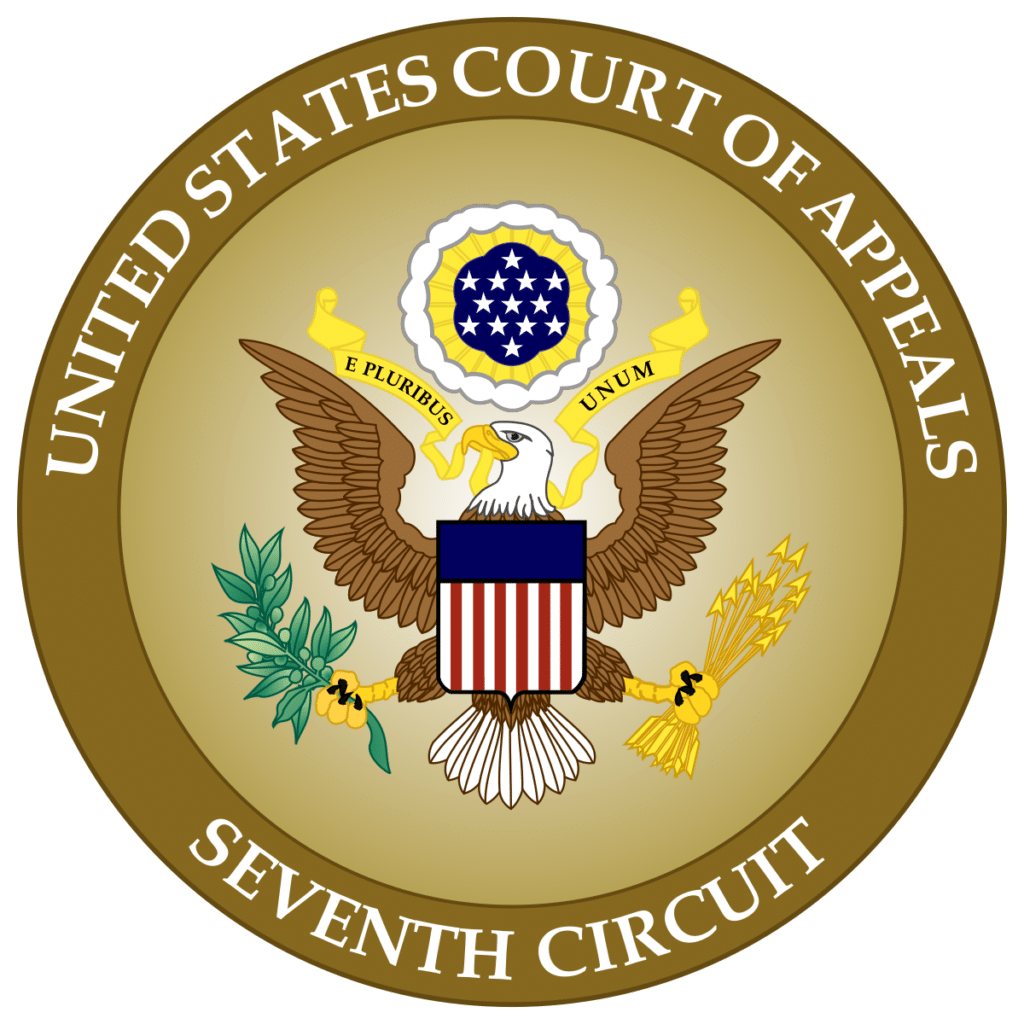Appellate Attorney’s Fees

Dixon & Moseley, P.C. appellate attorneys are frequently asked variations of this question. The answer is maybe. Under the American Rule followed in Indiana and across the United States, each party pays their own attorney’s fees as a general rule, even if they won at trial and have to spend more to defend an appeal. However, the Legislature has adopted statutory laws to allow trial courts to order attorney’s fees in a few limited circumstances that may apply on appeal. Can I Recover Attorney Fees if I Appeal?
Perhaps the most commonly used statutory provision to obtain appellate attorney’s fees are those contained in the Divorce and Paternity Acts, which apply in most domestic relations cases. These statutes provide a trial court with the discretion to make a fee award based on bad behavior that causes delay and, correspondingly, increases legal fees; where the parties earn significantly different incomes (one party is a high-income earner and the other is not); or for other good reason. The cases interpreting these statutes allow a trial court to order a party to pay Indiana appellate attorney’s fees as well. Normally, winning or losing the appeal is not the basis for the fee award, but instead, the disparity in incomes between the parties or for other good reason. Appellate fee awards can be made by a trial court before or after an appeal.
Although rarely used, the Court of Appeals or Indiana Supreme Court may also assess damages if an appeal, petition, motion or response is frivolous or brought in bad faith. These damages may include attorneys’ fees. The Court of Appeals and Indiana Supreme Court rarely order such using extreme restraint. The reason for this is due to the potential chilling effect upon the constitutional right to appeal. In other words, if these Courts were not restrained in ordering such fees, it would dissuade litigants from exercising their constitutional right to appeal and undermine the constitution. Nevertheless, such awards are made if these Courts find procedural and/or substantive bad faith.
Procedural bad faith occurs if a brief fails to significantly comply with the Indiana Rules of Appellate Procedure, and due to this, it maximizes the time it takes to address the issues by the opposing party and the Court of Appeals. Procedural bad faith requires more than inattention to the appellate rules. Instead, there must be a pattern of the party flagrantly disregarding the form and content requirements of the appellate rules. Substantive bad faith occurs where there is no cogent argument to support the position advanced on appeal. The Court of Appeals has a stringent standard for finding a case to be meritless: the legal claims on appeal must be utterly void of all plausibility, which implies conscious doing of a wrong because of dishonest purpose or moral obliquity. Namely, a party is appealing and raising a meritless argument solely to torment the other side. Where this is raised by a party as an issue or by the Court of Appeals or Indiana Supreme Court sua sponte and bad faith is found, damages are in the Court’s discretion and these Courts remand to the trial court for execution.
At Dixon & Moseley, P.C., we hope this information helps you to better understand the few ways an attorney’s fee award may be made to cover appellate legal fees. Understanding the law is a big step toward knowing your legal rights and how to make sound legal decisions as you move forward with an appeal or other litigation.



Proven & experienced attorneys successfully advocating & resolving complex cases for over 25 years
[wpbr_collection id=”154″]